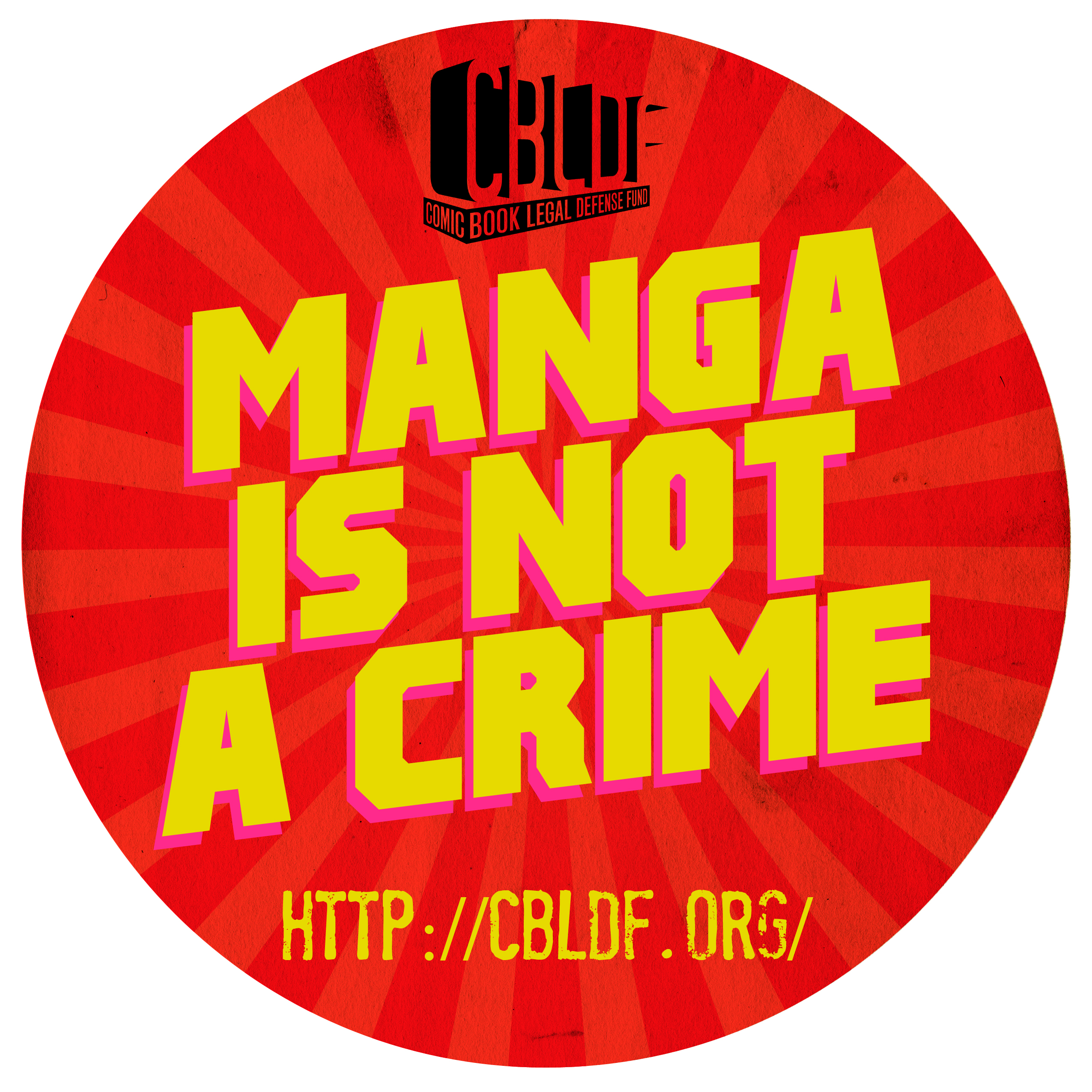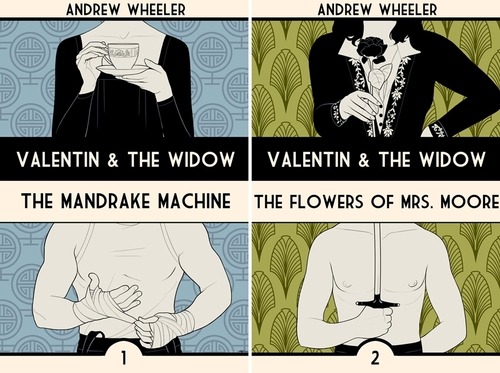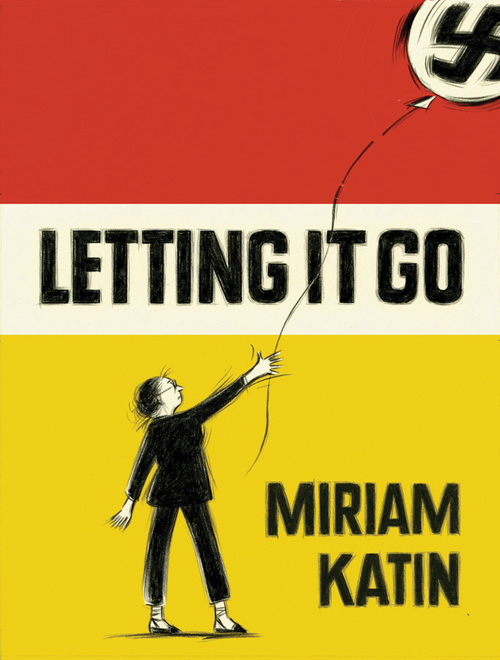I sat down to write this entry and realized I’d forgotten my login information to my blog. After 10 or 11 tries, I made it in, but… wow. How’s that for perspective?
It’s funny too because I actually sat down to relate an anecdote about blogging.
You see, I’ve been blogging here (although it’s been getting faaaaairly intermittent) since 2002, and writing a version of this blog since 1997. I ‘came up’ with a lot of other people, and was right on the edge of the blogging explosion. While it’s since imploded somewhat, making way for microblogging like Twitter, Facebook, Instagram and the like, there are still folks putting good material out there on a regular basis in the medium-length blogging format. I still follow them through Google Reader (well, for another few months anyway) when time allows, and it’s fascinating to see the way that people and their lives have changed in the dozen-plus years I’ve been doing this.
I’ve been following one blog for a while now, maybe 6 years? It started as being a blog about someone who moved to Tokyo and their efforts to acclimate, and became less about the day to day and more about the family that they were raising there. I, and anyone else following, was getting the same updates about this bloggers’ life and family as their friends and family back home were. I was scrolling through baby pictures a year or two back on the computer, as that was what had come up in my feed that day, and my husband stopped to ask whose baby it was. I started trying to explain and he kind of got a look on his face like he was mentally remembering to raise his Facebook privacy settings again.
I’m not so naive or crazy as to think I’m “Like a part of their family,” now or whatever–that’s some crazy shit right there. But we’re definitely peers in the blogging world, and I’ve been–a fan? –silently observing? the parts of this blogger’s life that they’ve chosen to share with me, and with the world, for longer than I’ve known some of my closest “IRL” friends. It’s a type of relationship that didn’t exist a generation ago, and now thanks to microblogging it’s probably the most prevalent relationship in the lives of most users of Twitter, of Tumblr, of macro and micro blogging. I know more about people hundreds of k/m away than I do about certain people in my social circle, because the people farther away are way better at Facebook.
This is not news, probably, to anyone reading. Both mainstream media and interpersonal media have been digging into this divide for quite some time now. But I had a very sharp moment of clarity just before I sat down to post this, and it’s what prompted me to share.
You see this blogger I’ve been following for years had taken an extended vacation from Tokyo–with child, sans spouse. And stopped updating their blog. And… I couldn’t help but be worried that this meant they were getting divorced. It was a stupid, unexpected feeling to have, but over 5 or 6 years of learning about the daily life of this person, I have grown to care for them. I was almost immediately critical of my own feelings–‘You don’t even REALLY know this person, and they certainly don’t know you!‘–echoed around my head. The media message is very clear as well; we can mock or hate or celebrate or enjoy the people on the other side of the screen and that’s acceptable, but to actually care about them is pitiable or suspicious. Half the responses to any sort of personal, financial plea for a Kickstarter or Paypal fund-drive are met with hostility. I mean, go back through this blog post you’re reading, check out the language I’m using to not seem like a creepy stalker… and I’m one of the ‘enlightened’ commenters, as far as I can tell.
So yeah, totally worried about the possible end of the marriage of two people I’d never ‘met’, but had spent dozens of hours with. Until just 20 minutes ago, when on that user’s Flickr a bunch of new photos popped up of the happy family back in Tokyo. Still no blog post, still no real update, and frankly still no real insight into their lives or situations beyond some happy pictures in the park, but my sense of relief that everything was ‘okay’ was genuine… which started that whole weird shame cycle up again.
So I thought I’d sit down and write about it here.
The thing is, I’m aware that I’m a pretty public person, even though I’ve worked in the past few years to pull some of the truly private stuff back as much as I can. I’m aware that the things I’ve created or that I participate in are bigger and more important than me, and that means pulling back a little bit of my rather large personality to let them shine. Not completely of course, as any drunken evening on Twitter will tell you, but there is effort being expended. 🙂
Despite being a public person though, I am still genuinely unsettled at first when people in the real world tell me that they like my blog. Here at comics212.net. Or that they’ve been reading for years. Or even when they tell me that I’ve positively impacted their lives. It’s disconcerting. I’m not entirely sure why, like I said I know what goes up here and what I’m trying to do. But yeah, it takes me a second to tamp that shit down and respond like a normal human would: “Hey, thanks. That’s nice of you to say.” Often followed by “ugh I’m sorry I haven’t updated in like, forever.”
My relief at finding my blogging peer was still safe and secure in their personal life was weird–but expressing that concern/relief to them would be mortifying. I mean, why should it be, right? But it is.
It’s something that really resonated with me, as I’m still meeting people for the first time that have been long-time readers of Comics212. People that have seen me share probably more than I know in these 15 years, that might be getting an even larger piece of the Christopher Butcher ‘puzzle’ through Facebook, Twitter, Flickr, Instagram, or who knows? I’m still pretty steadfast that knowing about someone and ‘knowing’ them remain separate things, particularly as most people curate the aspects of themselves that they present to the world… But I was reminded by my own thoughts to have empathy for the actions of others, to calmly and rationally respond to what may seem like overbearing familiarity, and, since I’m the one putting it out there, to take some responsibility for my role in the situation.
(As a very important aside: I’ve never felt unsafe because of the blog (very fortunate there) so my prescription is for myself. Folks who have been threatened should deal with that as seriously as possible–I hate that I need to put this in, but looking at the tone and tenor of Internet ‘discourse’ in 2013 I pretty clearly do.)
So to close: I did not write my blogging peer and wish them well, but I do. I just wish they’d update their blog more, now that their vacation is over.
😉
– Chris


 BRIAN WOOD @ THE BEGUILING
BRIAN WOOD @ THE BEGUILING KEEP TORONTO READING: GRAPHICALLY SPEAKING – DIRTY COMICS
KEEP TORONTO READING: GRAPHICALLY SPEAKING – DIRTY COMICS

